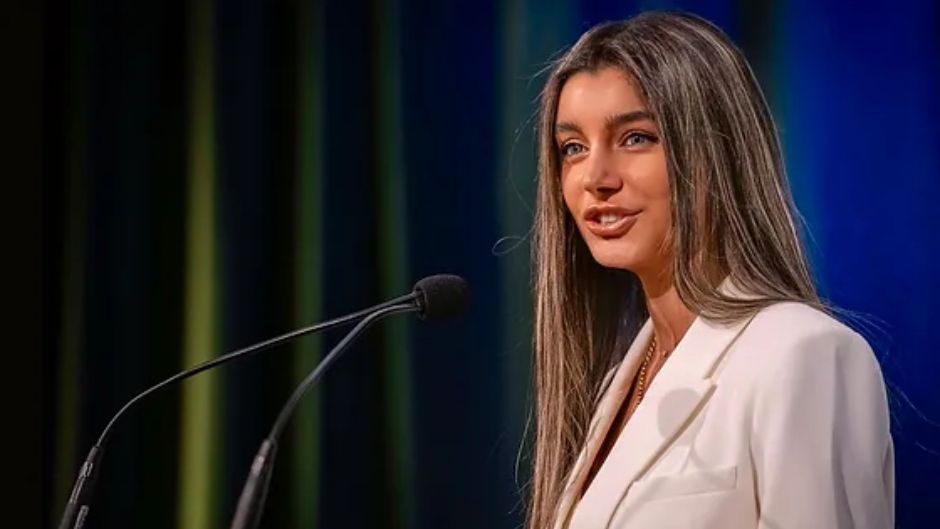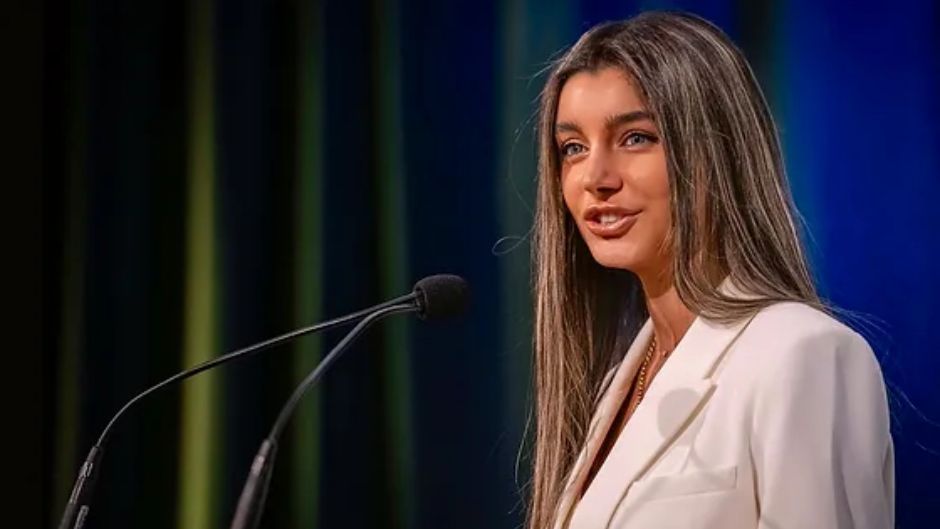Soaring Beyond Earth: UM Law Student’s Space Tech Startup
Tuana Yazici, a 24-year-old third-year law student at the University of Miami, is not your typical student. In 2023, Yazici founded Tuana Group, a holding company that includes AeroAI Voyages and AeroAI DesignLab. That same year, she launched AeroAI Global Solutions, a nonprofit using space technologies and AI for humanitarian purposes.
“My interest in law and space came from different experiences,” Yazici said. “I saw the impact of law and policy firsthand when I worked with the mayor of Istanbul at 19, passing a law that banned horse-drawn carriages on the Princes’ Islands and transitioning to electric vehicles, which saved 1,500 abused horses.”

One of AeroAI Global Solutions’ initiatives, AeroAI Guardian, uses satellite imagery, radar, and radio frequency data combined with AI to monitor human and wildlife trafficking hotspots. Her work explores how space-based technology can combat illegal activities. The project builds on Yazici’s previously published research in Acta Astronautica.
In her 2022 article, “A Proposal for the Usage of Reconnaissance Satellites to Monitor International Human and Wildlife Trafficking Hot Spots,” Yazici outlined the potential of space-based technologies to combat illegal trafficking activities. To implement AeroAI Guardian, Yazici established partnerships with key players in the space and data industries.
She has already partnered with the Royal Foundation of the Prince and Princess of Wales’s United for Wildlife, an organization created by Prince William in 2013 to fight the illegal wildlife trade. Together, they are preparing to apply for a U.S. government grant to launch a pilot program for AeroAI Guardian.
Since 2020, Yazici has been a member of the International Institute of Space Law, where she founded and led a working group for her project, “Legal Aspects of AI in Space.” With a team of international lawyers and professors, Yazici spearheaded a 400-page manuscript in April that examines international laws, regulatory frameworks, procurement, export controls, and telecommunications. The manuscript also explores case studies on genetics and lethal autonomous weapons, environmental considerations, space traffic management, and air and maritime law.
Yazici presented preliminary findings with her team at the International Astronautical Congress in Milan in October. The manuscript is scheduled for publication in early 2025, and she has been invited to present the findings at conferences, including the European Space Operations Centre and the Space Symposium in Colorado Springs, with plans to share her insights at the United Nations Legal Subcommittee in 2025.
Yazici emphasized that her legal education, especially her concentration in transactional skills, has been immensely valuable, providing critical expertise in contract negotiation, federal income tax, and corporate tax, all essential for successfully running a company. “Choosing Miami Law was a natural step, given the continuous support I received throughout my undergraduate and master’s programs at UM,” said Yazici, a native of Istanbul, Turkey who came to Florida at age nine. “The supportive environment at Miami Law has provided me with a solid foundation to pursue my goals and drive meaningful impact. After my first year of law school, I was able to start my companies and nonprofit and manage the balance between academics, work, research, and travel. The support and flexibility here have been instrumental in allowing me to achieve my goals.”


